This article about how to write a literary agent query letter, by Mark Malatesta, is part of the Literary Agent Submissions section of our free 15-part Guide About How to Get a Book Agent. This article was first published in the inaugural edition of the Publishers Weekly Book Publishing Almanac, a collaboration between Publishers Weekly and Skyhorse Publishing, one of the fastest-growing publishers with 56 New York Times bestsellers, distributed by Simon & Schuster.
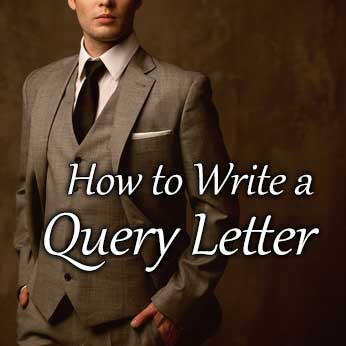
How to Write a Query Letter to a Literary Agent by Mark Malatesta
First published in the Publishers Weekly Book Publishing Almanac, a collaboration between Publishers Weekly and Skyhorse Publishing
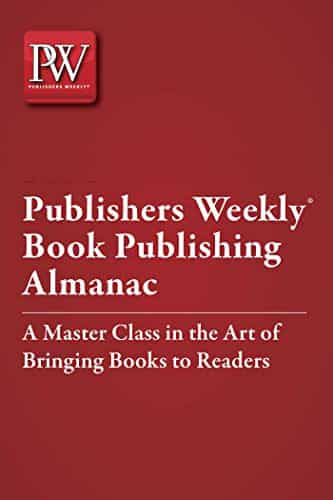
Authors are often confused about how to write a literary agent query letter. That’s because most query letter “experts” have limited experience—or the wrong type of experience.
One source of “how to write a query letter” information is book agents, but their advice is based on reading queries rather than writing them. In addition, publishing agents usually give advice based on their personal opinions and preferences. In other words, they say to write queries a certain way because that’s what they like. With more than one thousand book agents, it’s no wonder there’s a lot of conflicting information out there.
Another source of “how to write a query letter to a literary agent” info is published authors, who sometimes share the queries that landed them agents. But these aren’t reliable models either. One reason is that they represent just one author’s experience, which is limited. Another reason is some of those letters aren’t great. (Yes, sometimes authors get agents despite mediocre queries. And yes, a bit of luck is occasionally involved in publishing.)
Instead of relying on luck when writing a query letter to a literary agent—or modeling what one book agent recommended or one author has written—write your literary agent query letter using principles that have helped hundreds of authors get literary representation and/or book deals, with traditional publishers such as Random House, Harper Collins, Simon & Schuster, Harcourt, and Thomas Nelson. Some authors who’ve used this method have gotten multiple offers for representation from agents and multiple offers from publishers.
Writing a Literary Agent Query Letter

Literary Agent Query Letter
Book agents and authors explain how to write a literary agent query letter on a basic or “micro” level. In other words, they mainly share what they believe should be the main parts of a query. I’m going to do that too, but I’m also going to share four “big picture” fundamentals. Understanding them will help you make you and your book look as appealing as possible.
1. Include Items most Likely to Help – How to Write a Query Letter to a Literary Agent
Sounds obvious, but when writing a query letter to a literary agent it isn’t always clear what’s most important to share. Only include information showing: a) what your target market is, b) what your book is about, c) what your book is similar to and how it’s unique, and d) that you’re professional, pleasant to work with, uniquely qualified to write a book like yours, and both willing and able to get exposure for your book. With that information, publishing agents can make an informed decision instead of incorrect assumptions.
2. Arrange Everything in the Best Order – How to Write a Query Letter to a Literary Agent
Most authors assume book agents are going to read their entire query letter. Instead, assume they’re only going to read the first sentence. And, if that sentence pulls them in—or doesn’t trip them up—they’ll read the next sentence. And so on. That’s why it’s critical, if you have something you must share in your query letter that might turn literary agents off, that you put it near the end of a literary agent query letter. And that’s why you should start the query letter with your best thing. What that “best thing” is varies for each book and author.
Examples of your best thing are a highly unusual book premise; you being one of the only people on the planet with access to some of the information in your book; an article you’ve written having been published in a major print or online media outlet; or that you have 50,000 social media followers. Examples of things you might want to put at the end of your query include that your word count is excessively low or high (each genre has different expectations); or that your book has already been published (something most agents don’t like).
The best tip you’ll ever get about how to write a literary agent query letter is to get some traction and momentum in your query before you address something difficult. Start your query with the most impressive item, followed by your book title, word count, and genre, along with a 1- or 2-sentence description. And, for the small number of book agents for whom you can do so, tell them why you believe—based on what you’ve seen in their bios and/or on their websites—they might like a book like the one you’re pitching.
If the above information “hooks” the publishing agent, they’ll then want to know more about your book. So, the next part of your literary agent query letter should be a paragraph or two about that. Think 6 to 12 lines of text, like the copy you’d find on the book’s back cover. Though most author representatives don’t require it, you should follow the above with another 6 to 12 lines of text comparing/contrasting your book with similar titles by other authors. Doing so will help agents get a better feel for what your work is like, it will give them the impression you’re knowledgeable about your competition, and it will give them the sense you might be doing something special.
Lastly, include another 6 to 12 lines of text telling the publishing agent about yourself. Things that show any of the following: you’re educated, professional, coachable, have had leadership positions, or that you understand success, business, advertising, marketing, or media; you’re a good writer and/or uniquely qualified to write a book like yours; and you have the time, connections, resources, skill, and desire to get exposure and sell books. You don’t need all those things, but any/all those things will make you more attractive to book agents.
3. Omit Items That Don’t Matter or Could Hurt Your Odds With Literary Agents – How to Write a Query Letter to a Literary Agent
Many authors unwittingly volunteer information they should, for the moment, keep to themselves instead of putting them in a literary agent query letter. For example, the number of queries the author has sent out unsuccessfully; or any information that isn’t relevant to the book. If it’s not going to make publishing agents believe you’re the best person to write and/or promote your book, leave it out.
4. Make Your Query Letter Concise – How to Write a Query Letter to a Literary Agent
In most cases, your literary agent query letter shouldn’t be more than one single-spaced page. Include everything you believe should be included. Then put everything in the best order. After that, do one last edit to make the query tight. As you likely know, successful people—including literary agents and publishing house executives—move fast. They must, to survive. Top agents get 10–15k queries a year, so you can lose them if you ramble or you’re redundant. Instead, present everything as outlined above. Give agents exactly what they want and need to sell your book, and they’ll trust you more because of it.
In a perfect world, authors would not need to learn how to write a literary agent query letter. Instead, book agents would just read every author’s manuscript. But that’s now how it is. We all must work within the system we’re in. For example, I could write a book about how to write a query (and one day I will), but when I was invited to write this article, I was told it should be no more than 1,250 words. So, guess what? It’s 1,250 words. Make every word count.
This article about how to write a literary agent query letter was created by former publishing agent turned author coach Mark Malatesta, creator of The Directory of Literary Agents, host of Ask a Book Agent, and founder of Literary Agent Undercover and The Bestselling Author.
Mark has helped hundreds of authors get offers from literary agents and/or traditional publishers. Writers of all Book Genres have used our Literary Agent Advice coaching/consulting to get the Top Literary Agents at the Best Literary Agencies on our List of Book Agents.
How to write a literary agent query letter – Next Steps
Now that you know how to write a query letter for a literary agent, click here to:
- See more about Literary Agent Submissions.
- Visit our Ask a Publishing Agent page, where you’ll find a complete list of questions and answers about getting a book agent.




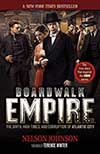

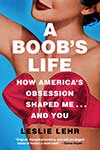

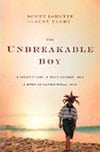

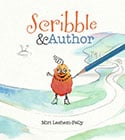
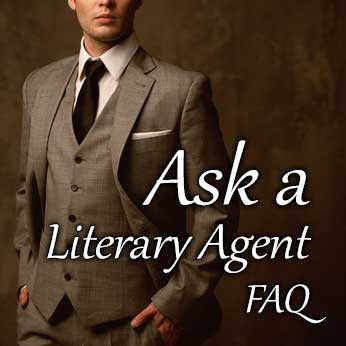
 MARK MALATESTA is a former literary agent turned author coach. Mark now helps authors of all genres (fiction, nonfiction, and children's books) get top literary agents, publishers, and book deals through his company
MARK MALATESTA is a former literary agent turned author coach. Mark now helps authors of all genres (fiction, nonfiction, and children's books) get top literary agents, publishers, and book deals through his company